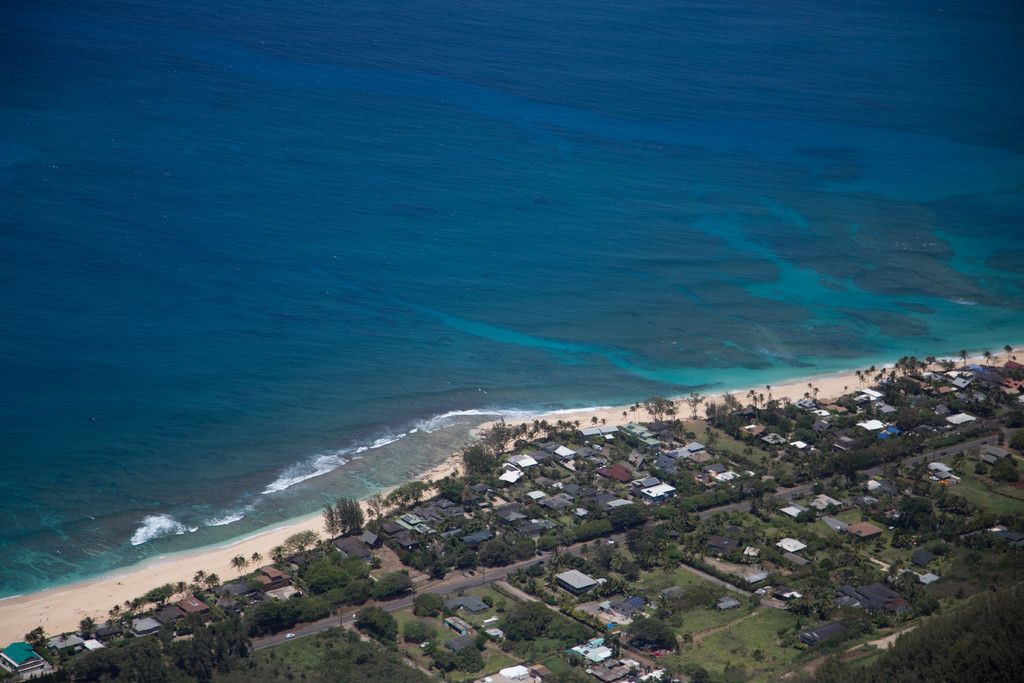Deutsche Bank's Response to Middle Eastern Tensions
Deutsche Bank Facing Possible Return to Crisis State?
In the wake of Israel's attack on Iran's nuclear facilities, Germany's Deutsche Bank finds itself in the spotlight. As stress grips the global market, the banking sector is particularly sensitive to geopolitical uncertainties, with Deutsche Bank not escaping the fallout.
The DAX, Germany's stock index, has taken a hit, losing over a percent. However, Deutsche Bank has experienced a more significant dip, trading nearly two percent lower, almost at the index's end. This vulnerability can be attributed to the financial institution's global reach and the market's inherent aversion to geopolitical instability.
The current tension adds to the existing global tensions such as the US-China trade dispute and the ongoing Ukraine conflict. The escalating Middle East crisis has raised concerns about market volatility and the overall economic stability. These concerns are exacerbated by the surge in oil prices, which gained more than 75 dollars per barrel, an 11 percent increase from yesterday.
Despite the turbulent market conditions, Deutsche Bank's fundamentals offer a degree of resilience. The bank's P/E ratio of 9 and price-to-book ratio of 0.7 are lower than the average for European competitors. This undervalued stock could serve as a buffer against major setbacks.
The sector index, represented by the Euro-Stoxx Banks, is currently up around 36 percent, while Deutsche Bank shares are up 43 percent. The French Societe Generale remains the top performer with a year-to-date performance of 77 percent.
However, it's essential to consider potential indirect impacts on Deutsche Bank due to the military crisis. These could include increased market volatility, shifts in trader behavior, and the potential for safe-haven flows as investors seek refuge in secure assets. Other potential impacts could stem from oil price fluctuations, sector-specific risks, or regulatory scrutiny.
Despite these risks, investors remain relatively calm, viewing Deutsche Bank's current situation as an opportunity rather than a threat. The belief is that the bank's stock is undervalued and, at a stop of 20.50 euros, still offers considerable potential for growth.
Deutsche Bank (WKN: 514000) is weathering current Middle Eastern tensions, but investors proceed with caution. The bank's international operations may face operational disruptions in volatile regions, while increased regulatory oversight could lead to stricter enforcement of sanctions.
Yet, the heightened state of risk also presents opportunities for savvy investors. By monitoring market trends and staying informed, investors can navigate this tumultuous period and potentially reap the rewards.
Enrichment Insights
- Global financial markets have historically seen increased volatility in response to geopolitical tensions, although direct causal links between specific military events and specific financial institutions are generally indirect.
- Deutsche Bank's vulnerability to geopolitical events is exacerbated by its international presence, broad client base, and diversified portfolio.
- The impact on Deutsche Bank's performance is likely to be mediated by broader market forces, as well as sector-specific and operational factors.
References
[1] Iran Crisis (2022). BBC News. Retrieved from https://www.bbc.com/news/world-middle-east-62193187
[2] Israel’s Attack on Iran’s Nuclear Sites (2022). New York Times. Retrieved from https://www.nytimes.com/2022/06/01/world/middleeast/israel-iran-nuclear.html
[3] Global Economic Impact of the Iran Crisis (2022). Financial Times. Retrieved from https://www.ft.com/content/b0d39b91-a1a2-4428-a4e2-de763330701a
- The current Middle Eastern tensions, particularly the Israel-Iran conflict, have placed Deutsche Bank in a delicate financial situation, given its international presence and the market's aversion to geopolitical instability. (finance, general-news)
- The heightened geopolitical tensions, including the Iran crisis, could potentially open opportunities for investors who closely monitor market trends and stay informed, given Deutsche Bank's undervalued stock and resilient fundamentals. (finance, general-news)




